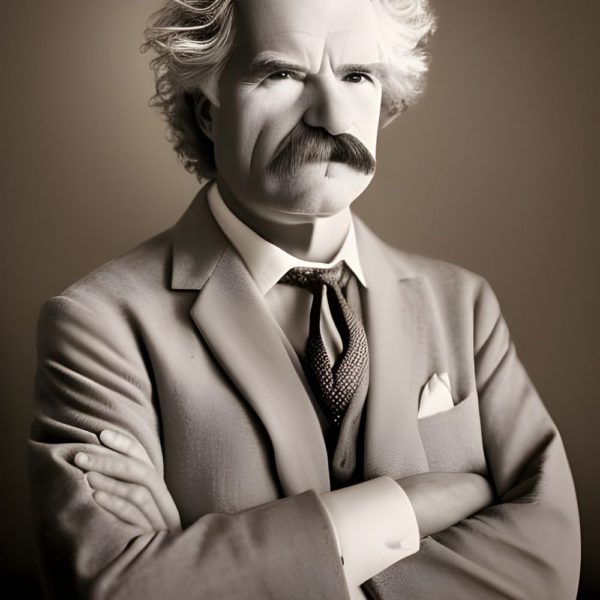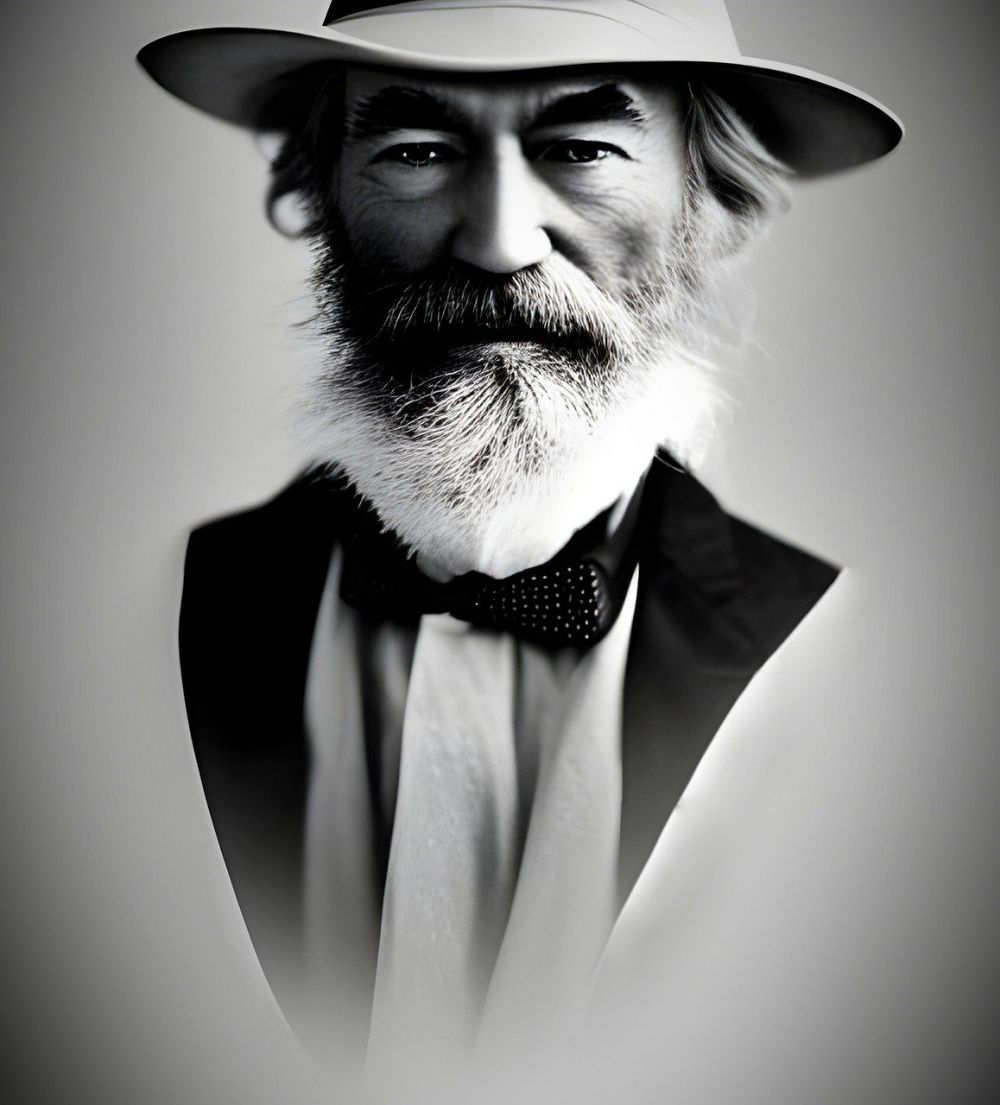Virginia Woolf was a prominent English writer of the early 20th century, known for her innovative writing style and exploration of gender, identity, and mental health

Her works have left a lasting impact on the literary world and continue to captivate readers to this day. In this article, we will delve into the world of Virginia Woolf’s books, providing an in-depth analysis of their significance and evolution over time.
Introduction to Virginia Woolf’s Books:
Virginia Woolf’s books are a reflection of her unique perspective on life and her relentless pursuit of literary excellence. Her works often challenged conventional narrative structures and delved into the depths of human consciousness. Woolf’s writings not only captivate readers with their profound insights but also provide a window into the social, cultural, and intellectual milieu of the early 20th century.
Woolf’s books cover a range of themes, including feminism, modernism, mental health, and the complexities of human relationships. Her characters are often complex and multi-dimensional, offering readers a deep understanding of the human psyche. As a master of stream-of-consciousness writing, Woolf invites readers into the minds of her characters, blurring the boundaries between reality and imagination.
Historical Development of Virginia Woolf’s Books:

Virginia Woolf’s literary journey began in the early 20th century, amidst a time of significant social change and artistic experimentation. Her first novel, “The Voyage Out,” was published in 1915 and laid the foundation for her future works. This novel introduced readers to many of the themes that would come to define Woolf’s writing, such as the exploration of personal identity and the role of women in society.
In the 1920s and 1930s, Woolf experienced a period of intense creativity and produced some of her most celebrated works. “Mrs. Dalloway,” published in 1925, is a landmark novel that follows a day in the life of Clarissa Dalloway as she navigates the complexities of social expectations and personal desires. With its intricate narrative structure and psychological depth, this novel solidified Woolf’s reputation as a groundbreaking writer.
Another notable work from this period is “To the Lighthouse” (1927), a lyrical exploration of the passage of time and the complexities of family dynamics. In this novel, Woolf experiments with narrative techniques and creates a rich tapestry of memories, emotions, and perceptions.
Woolf’s later works, such as “Orlando” (1928) and “The Waves” (1931), continued to push the boundaries of traditional storytelling. “Orlando,” a fictional biography spanning centuries and genders, is a playful exploration of identity and the fluidity of self. “The Waves” is an experimental novel that delves deep into the inner lives of its characters through poetic soliloquies.
Woolf’s Legacy and Influence:
Virginia Woolf’s books have left an indelible mark on the literary landscape, inspiring countless writers and empowering generations of women. Her fearless exploration of female subjectivity and her commitment to breaking literary conventions have made her an enduring figure in feminist literature.
Woolf’s writings continue to be relevant today, resonating with readers who appreciate her profound insights into the complexities of human existence. Through her books, Woolf invites readers to question societal norms, examine their own identities, and embrace the beauty and ambiguity of life.
In conclusion, Virginia Woolf’s books offer a profound and thought-provoking exploration of the human experience. Through her innovative writing style and profound insights, Woolf challenges readers to delve into the depths of their own consciousness and question societal norms. Her works have stood the test of time and continue to captivate and inspire generations of readers. Whether you are a seasoned Virginia Woolf enthusiast or a newcomer to her works, delving into the world of her books is a journey well worth undertaking.
FAQ
How has Virginia Woolf influenced feminist literature?
What are some of Virginia Woolfs most famous books?
What is the significance of Virginia Woolfs stream-of-consciousness writing?
Flere Nyheder
Fotograf aalborg sådan vælger du den rette til dine vigtigste øjeblikke
Her works have left a lasting impact on the literary world and continue to captivate readers to this day. In this article, we will delve into the world of Virginia Woolf’s books, providing an in-depth analysis of their significance and evolutio...
01 februar 2026
De mest indflydelsesrige kunstnere i dag og deres bidrag
Her works have left a lasting impact on the literary world and continue to captivate readers to this day. In this article, we will delve into the world of Virginia Woolf’s books, providing an in-depth analysis of their significance and evolutio...
02 oktober 2025
De mest fascinerende kunstværker skabt med kunstig intelligens
Her works have left a lasting impact on the literary world and continue to captivate readers to this day. In this article, we will delve into the world of Virginia Woolf’s books, providing an in-depth analysis of their significance and evolutio...
02 oktober 2025











